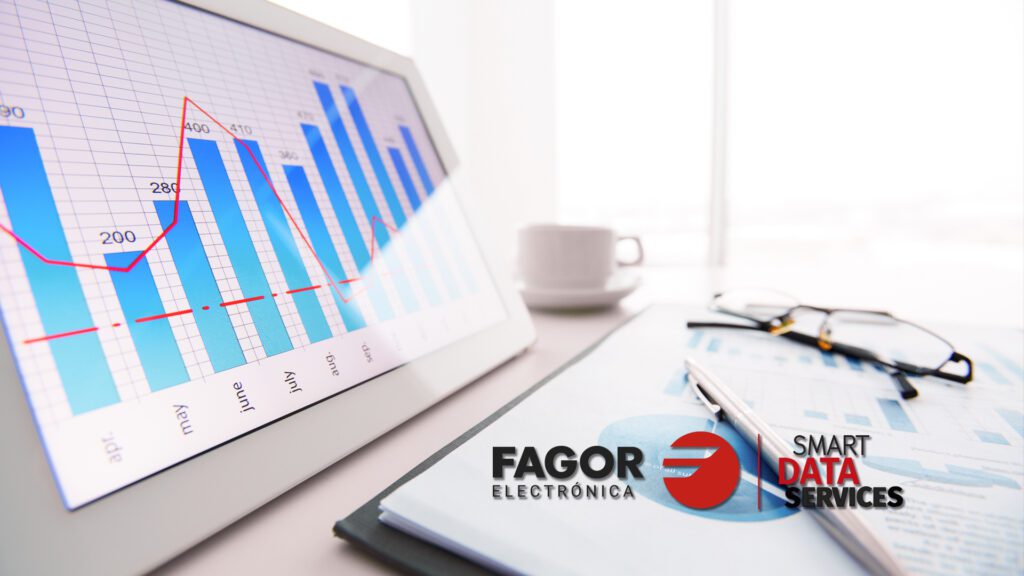It is said, and not without reason, that data is the oil of the 21st century. The vast majority of consumers are now aware of the value of the data we generate in our daily activities from the moment we get up to the moment we go to bed.
Smartphones are now part of people´s lives, and they provide us with all the access we need to cope with an increasingly hyper-connected day-to-day life. Apps of all kinds are flooding smartphones, in addition to the usual email or social networks, we have Apps that allow us to monitor our physical activity, control our financial situation, have control of our home automation and of course, all the data generated by our “smart” car.
Data Protection in Connected Vehicles
As mentioned above, data is a valuable tool, and in the case of smart car manufacturers it takes on even greater importance. Even so, the data collected must guarantee the consumer´s privacy at all times, so connected car manufacturers must comply with the General Data Protection Regulation (GDPR), as well as with European legislation on the protection of users´ mobility data, both for data generated in their cars and in Apps.
Data protection is a fundamental right of all individuals to have access to the data we generate, and to be able to control, dispose of and decide on its use or deletion. The security of personal data is an increasingly important issue. The misuse of the collection of the data generated leads both countries and the European Union itself to legislate very strictly on this issue.
Intelligent cars, thanks to their connection and the technology they incorporate both in terms of safety and assistance, generate a significant volume of data of great interest to companies, which, by using this data, can develop an infinite number of actions.
Types of data recorded in a connected car
We have talked about smart cars being connected cars, which generate a significant amount of interesting data, but what kind of data is generated?
The connected car has a myriad of interconnections to manage its functions, sometimes even “autonomous” connections that are activated while driving. All these interconnections generate a significant volume of data, which in themselves have no transcendental value, unless we “transform” them into information.
Transforming data into information is a process that the connected car performs autonomously on many occasions, for example, it collects the data on the amount of fuel to transform it, and informs us of the percentage of filling, or the kilometres of autonomy that we have left depending on our driving – here it is crossing the data with the consumption data and kilometres travelled to obtain the average consumption.
As we can see, the main indicators that a smart car analyses are the data generated by the driver while driving. The vehicle records all the data generated by the driver, which is what is transformed. But the transformation is not only in information, the intelligent and connected car is capable of, once the driving data has been recorded, for example, calculating the number of “mistakes” made by the driver, and classifying them according to their typology, for example, indicating the number of accelerations made by the driver to calculate the excess fuel consumption or deterioration of vehicle parts.
Uses for data generated in vehicles
Smart cars are increasingly equipped with more and more advanced and modern technology; airbags, brake assist systems, protection systems, blind spot monitors, etc., are technologies that are familiar to most drivers. As we said, all these systems involve the collection of data, which is why in recent years the legislation regulating the collection, management and use of these data has been strengthened.
The European regulation that came into force on 1 January 2021 provided legal coverage for the correct use of the data generated in connected vehicles, especially in two areas:
- Commercialisation of data to third parties
- Cybersecurity
As you would expect, connected car manufacturers cannot market the data collected from their vehicles, they must abide by what the Data Protection Act has been stipulating for several years now.
But let´s look at cybersecurity, an aspect that can sometimes be hidden but is of vital importance. Such is the case that the European Union requires connected car manufacturers to issue a cybersecurity certificate for each vehicle manufactured and destined for the European Union. This certificate is already mandatory as of 1 July 2022 for newly type-approved vehicles, and will be mandatory as of 1 July 2024 for all new vehicles.
The data to be protected by connected car manufacturers ranges from vehicle design data, as well as data related to risk assessment and cyber-attacks, which must be monitored in order to provide an adequate response to them.



